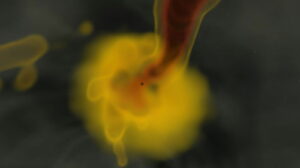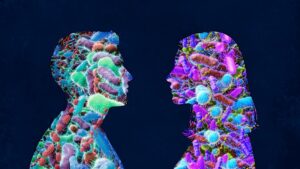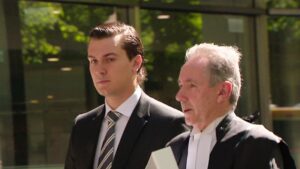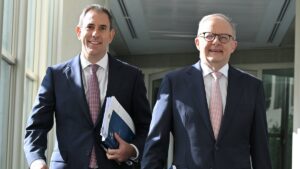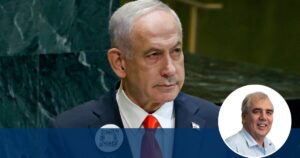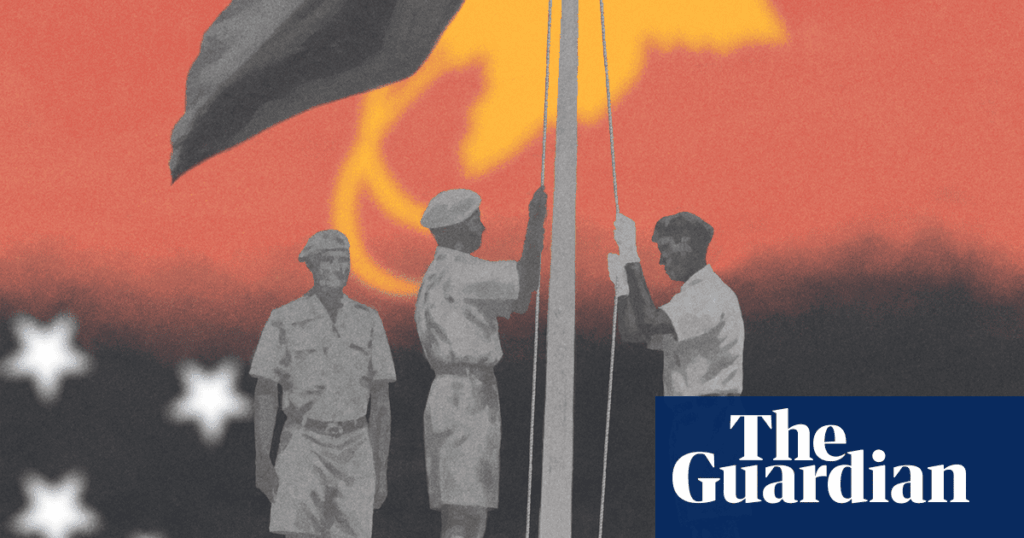
In the early 1970s, Dame Meg Taylor recalls a profound sense of optimism as Papua New Guinea stood on the cusp of independence. Joining the staff of Sir Michael Somare, who would become the country’s first prime minister, she felt the weight of an enormous opportunity. “There was a lot of hope,” Taylor, a diplomat and former secretary-general of the Pacific Islands Forum, reminisced. “I still have very wonderful memories of sitting out on the old steps of the office… just thinking, ‘What have we got ourselves into, and what an amazing opportunity that we have to build a country’.”
As Papua New Guinea prepares to commemorate 50 years of independence from Australia, Taylor and other prominent figures reflect on a nation that has struggled to fulfill its early promise. Interviews conducted by The Guardian with a diverse group of Papua New Guineans, including a former prime minister, an ex-military commander, and a constitutional architect, reveal a country grappling with violence, lawlessness, and a divided vision for the future.
The Struggle for Stability and Growth
Peter O’Neill, who led Papua New Guinea from 2011 to 2019, expressed concern that the country’s founding fathers would be disappointed with its current trajectory. “We have been blessed with a beautiful country with a lot of resources and beautiful people. All we need to do is manage ourselves in a better way,” O’Neill stated. He criticized the mismanagement by leaders and the lack of effective policing as significant development hurdles.
Papua New Guinea, administered by Australia as a single territory from 1945, gained independence on September 16, 1975. In a historic radio address, Somare reminded the new nation, “This is just the beginning. Now we must stand on our own two feet and work harder than ever before. We are indeed masters of our own destiny.”
Economic Potential and Challenges
Today, Papua New Guinea is the largest Pacific nation after Australia, with a young and growing population. Despite being rich in natural resources like gold, copper, oil, and gas, the country faces rampant crime, poor infrastructure, and limited opportunities for its youth. “Enforcement of the rule of law is absolutely nonexistent,” O’Neill lamented, echoing concerns shared by current Prime Minister James Marape.
According to a World Bank report in 2024, 72% of ten-year-olds in Papua New Guinea are unable to read, and only 18% of 20-to 24-year-olds have completed secondary or tertiary education.
Social Issues and the Role of Education
Gender equality remains a significant challenge, with women vastly underrepresented in parliament and facing high risks of violence. Ruth Kissam, a leading human rights activist, described violence against women as a “systemic failure to protect our most vulnerable.” She emphasized that for many women, violence is a daily occurrence.
Many experts argue that education is crucial for development. “Without education, you’re going to have people who don’t have hope,” Taylor noted. The need to invest in education to transform the young population into an “engine of growth” is critical, according to the World Bank report.
Decentralization and Local Empowerment
Former and current politicians advocate for decentralization, giving more power to local communities. John Momis, a constitutional father and former president of Bougainville, argues that too much power resides in the capital, Port Moresby. “The best way of uniting a highly diversified country is through decentralization,” he asserted.
Australia, as Papua New Guinea’s biggest aid partner, plays a significant role in its development. However, Momis cautions that aid should align with local priorities and be delivered with transparency and accountability.
Looking Forward: Resilience and Hope
Despite the challenges, there is optimism about the future. Tomuriesa, an opposition leader, draws hope from the resilience of the people, the eagerness of young people to learn, and the growth of the small business sector. “The lesson is clear: where the people are empowered, progress follows,” he said.
Papua New Guinea’s natural strengths, including its productive land and rich culture, provide a foundation for hope. “The country is rich in resources, rich in human capital,” Taylor stated, emphasizing the potential for agricultural development and self-sufficiency.
As Papua New Guinea marks its 50th anniversary of independence, the reflections of its leaders and citizens underscore both the challenges and the enduring hope for a better future. “There’s still a lot of hope,” Taylor affirmed. “We’re only 50 years old in terms of modern constitutional Papua New Guinea. I’m not going to give up, and I know a lot of people in this country are not going to give up.”
